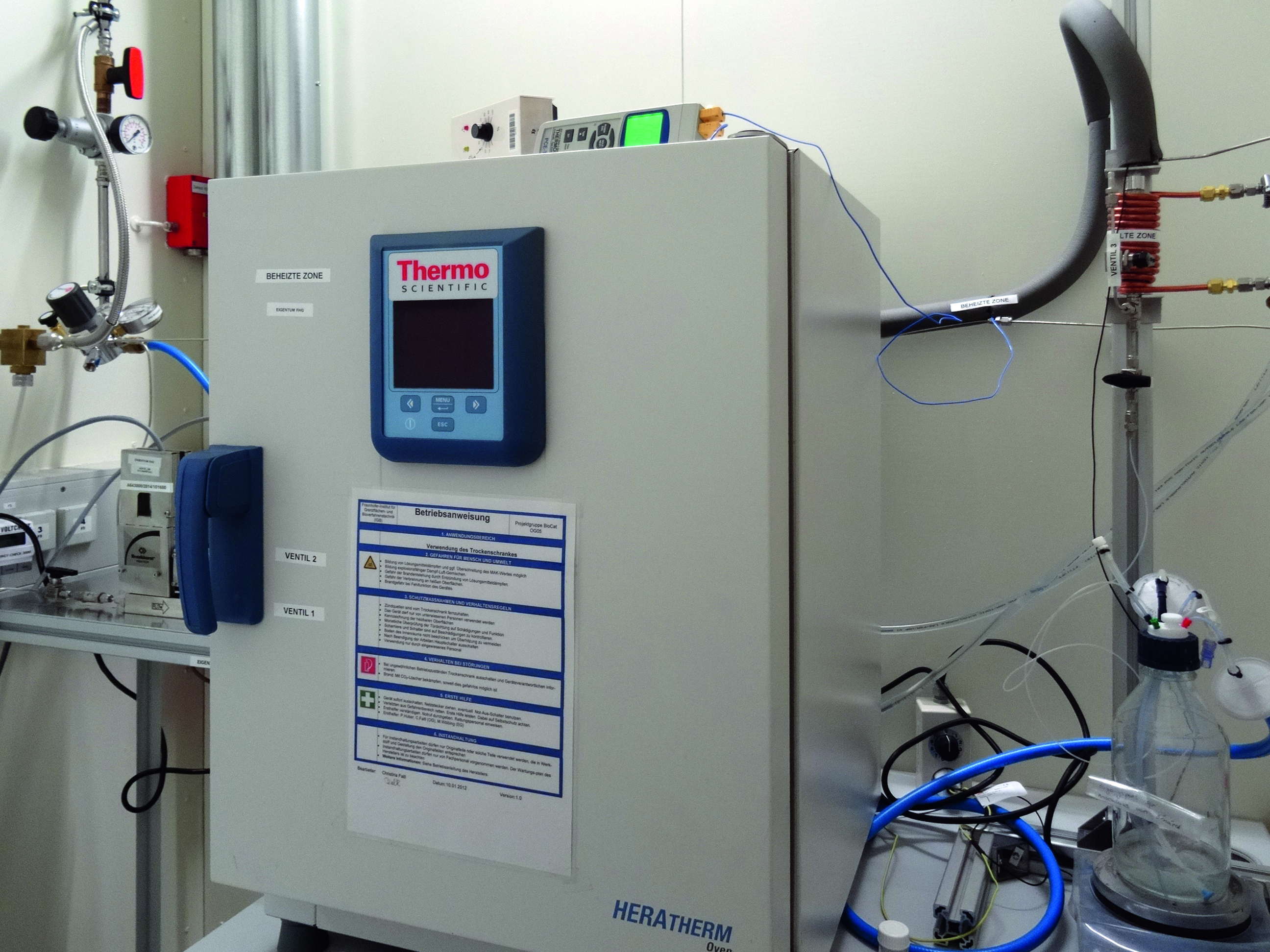Initial situation and goal
Multiple national and international agreements (Der Klimaschutzplan 2050, UN Sustainable Development Goals, UNFCCC Paris Agreement) aim to increase the share of clean, affordable renewable energy and to limit CO2 emissions. Motivated by these agreements, Fraunhofer IGB Biocat focuses its work on the development of new combined chemical-biotechnological technologies for the conversion of CO2 and energy into fuels and chemicals.
In general, the technology development comprises CO2 conversion into C1 intermediates, combined with fermentation of the C1 compounds to chemicals such as lactic acid, isoprene, polyhydroxybutyric acid and long-chain terpenes. The market for all these chemicals is growing substantially in accordance with the growth rate of their end uses. Conventional end uses of these compounds include the production of rubbers, plastics, food and feed additives. A new use of isoprene is opened up by oligomerization to C10-C15 compounds as precursors of drop-in synthetic fuels.
Because of the geographical distribution of available regenerative energy and CO2, the development of small-scale, decentralized processes is of particular interest. The build-up of small-scale chemical plants, however, is frequently limited by economic boundary conditions.
 Fraunhofer Institute for Interfacial Engineering and Biotechnology IGB
Fraunhofer Institute for Interfacial Engineering and Biotechnology IGB
